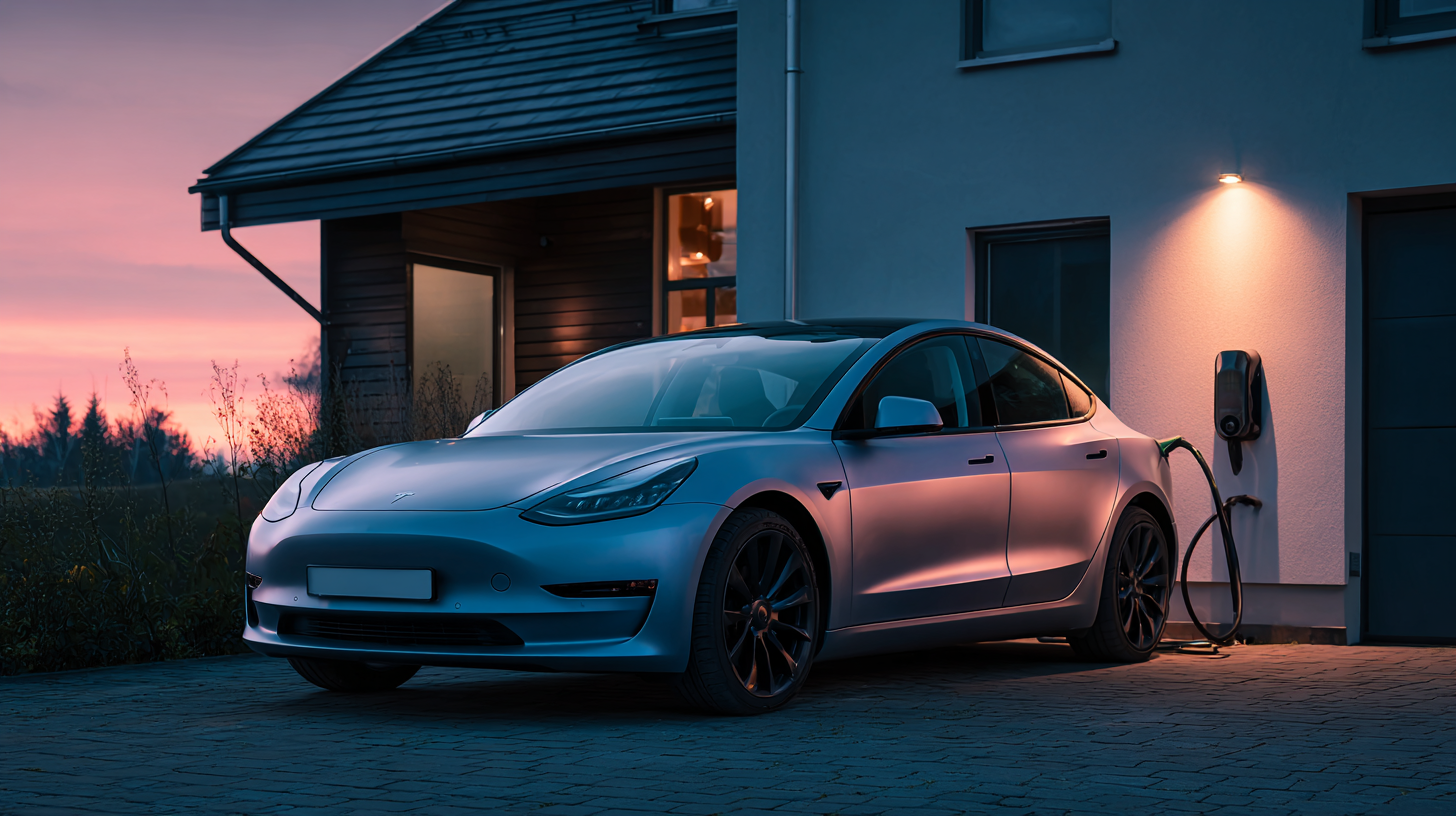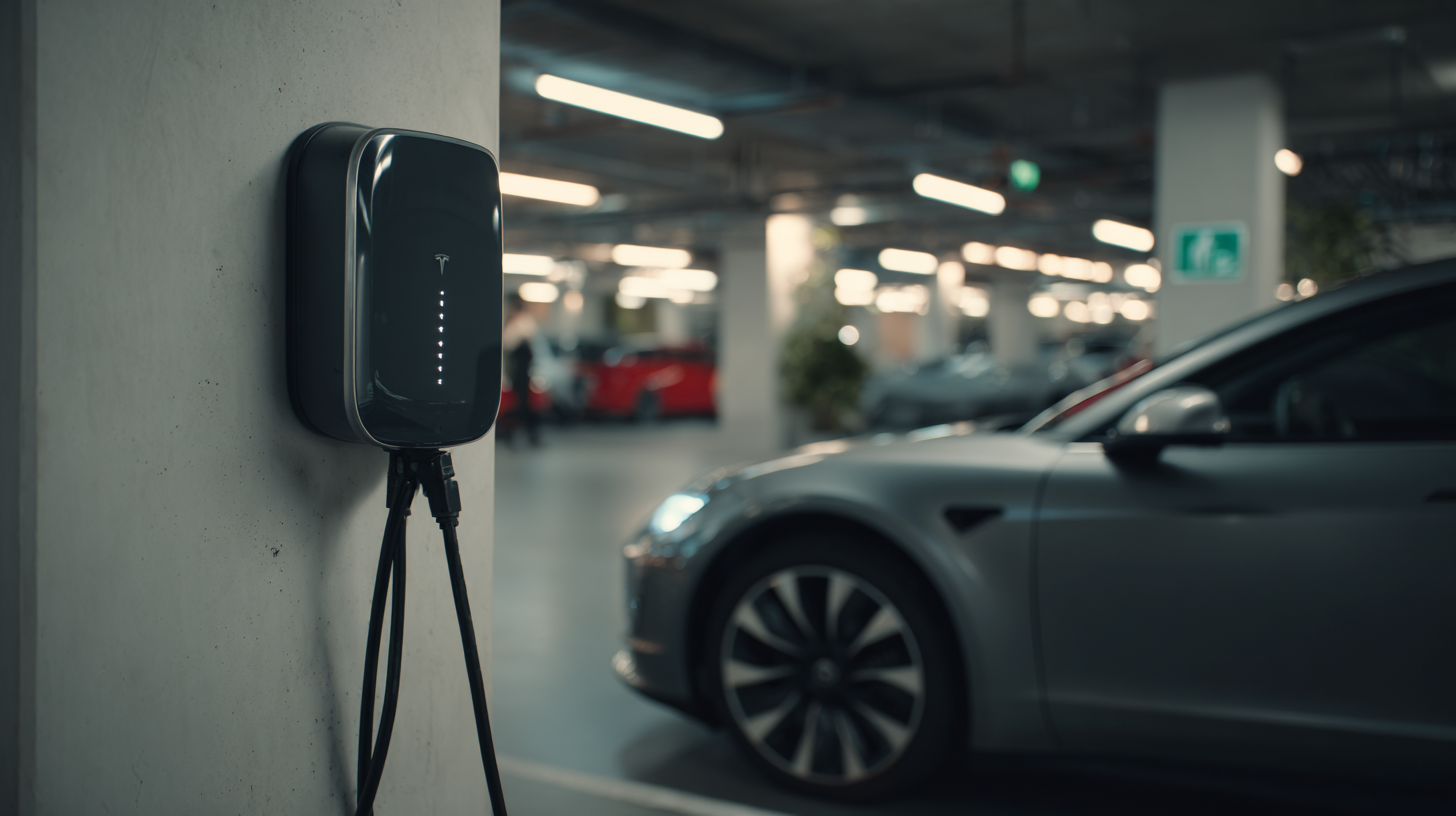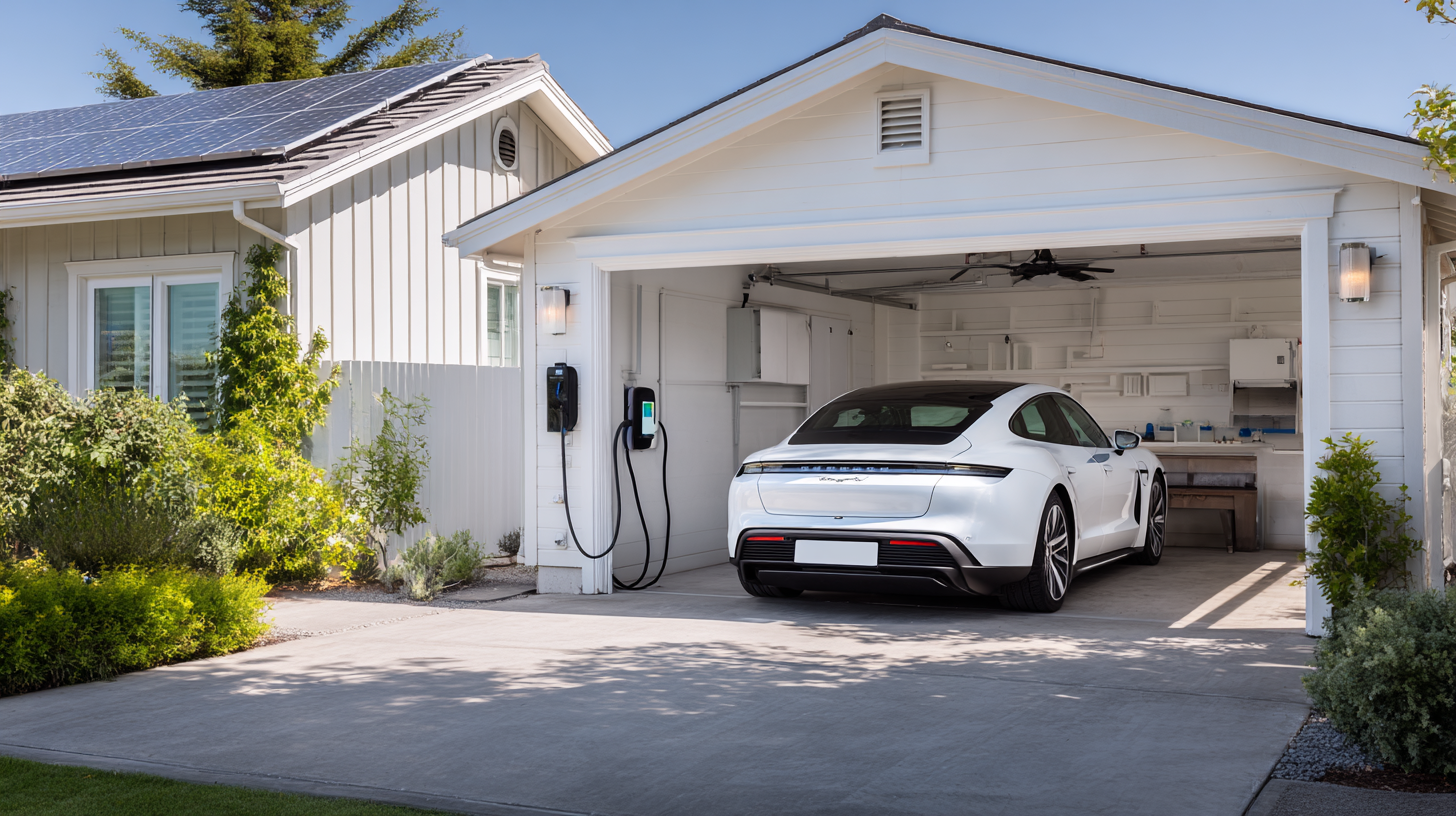Exploring the Unique Features and Applications of the Best Home Charger Installations
As the demand for electric vehicles (EVs) surges, with global sales projected to exceed 6 million units in 2023 alone according to a recent report by the International Energy Agency, the importance of efficient and reliable home charger installations cannot be overstated. Home charger installation not only facilitates convenience for EV owners but also plays a crucial role in the broader adoption of sustainable transportation solutions. With the right charging system, users can enjoy faster charging times and increased energy efficiency, thus making the transition to electric vehicles even more appealing. Furthermore, understanding the various industry certifications and standards is essential for ensuring safety and compliance. This blog will explore the unique features and applications of the best home charger installations, providing insights on installation types, industry certifications, and practical tips for enhancing your EV charging experience.

The Importance of Choosing the Right Home Charger for Electric Vehicles
Choosing the right home charger for electric vehicles (EVs) is an essential step for any EV owner. With a myriad of options available, selecting a charger that suits your specific needs can significantly enhance the charging experience. Factors to consider include charging speed, compatibility with your vehicle, and installation requirements. A Level 2 charger, for instance, can dramatically reduce charging time compared to a standard outlet, making it an ideal choice for those who rely on their EV for daily commutes.
Another crucial aspect is the charger’s smart features. Many modern home chargers come equipped with Wi-Fi connectivity, allowing users to monitor charging status remotely, schedule charging times to take advantage of off-peak electricity rates, and receive updates on software or firmware. These features not only contribute to user convenience but can also lead to long-term cost savings. Additionally, partnering with a certified professional for installation ensures that safety standards are met, which is vital for protecting both your home and your vehicle. The right home charger not only meets your charging needs but also integrates seamlessly into your lifestyle.
Exploring the Unique Features and Applications of the Best Home Charger Installations
Key Features to Look for in High-Quality Home Charger Installations
When considering high-quality home charger installations for electric vehicles (EVs), there are several key features to look for that can enhance usability and efficiency.
First and foremost, charging speed is essential; a robust charger should support fast charging capabilities, allowing users to recharge their vehicles quickly during off-peak hours. This is especially important as projections indicate that the EV home charger market will grow significantly, reaching an estimated $2.72 billion by 2033, with an impressive compound annual growth rate of 26.1%.
Another crucial aspect to evaluate is the integration of smart technology. A high-quality home charger should offer app-based monitoring and control, allowing users to track their energy consumption, schedule charging sessions, and even receive notifications. Moreover, the ability to seamlessly integrate with renewable energy sources, such as solar panels, can maximize efficiency and sustainability in electrical usage.
With countries increasingly investing in EV infrastructure, like the deployment of thousands of charging points across various regions, ensuring that your home charger installation incorporates these features can provide future-proof advantages for electric vehicle owners.
How Chinese Manufacturers Are Setting Standards in Home Charging Solutions
Chinese manufacturers have emerged as leaders in the home charging solutions market, setting standards that other countries are striving to match. With a strong emphasis on innovation, these companies are developing advanced charging technologies that not only enhance efficiency but also minimize the environmental impact. The focus on smart home charging systems allows users to manage energy consumption more effectively, making electric vehicle ownership more convenient and sustainable.
Tip: When considering a home charger installation, prioritize compatibility with your vehicle and ensure that the system can handle the charging speed you desire. Evaluating the energy efficiency of the charger can also contribute to long-term savings on electricity bills.
Additionally, the integration of smart features such as mobile app connectivity allows users to monitor their charging sessions in real time, optimizing charging times based on electricity rates. Chinese brands are also leading in producing compact, user-friendly designs that cater to diverse living spaces, making it easier for homeowners to adopt electric vehicle technology.
Tip: Before installation, research local incentives or rebates available for home EV charger installations, as these can significantly reduce upfront costs and encourage a greener lifestyle.
Exploring the Unique Features and Applications of the Best Home Charger Installations
| Feature | Description | Application | Market Trend |
|---|---|---|---|
| Fast Charging | Charges electric vehicles up to 80% in 30 minutes. | Residential use for daily charging. | Increasing demand for urban installations. |
| Smart Charging | Allows control via mobile app for scheduling. | Home automation integration. | Growing interest in IoT-enabled devices. |
| User-friendly Interface | Intuitive design that simplifies use. | Suitable for all age groups. | Focus on customer experience improving sales. |
| Durability and Safety | Built to withstand various environmental conditions. | Long-term home installations. | Stringent safety regulations boosting market confidence. |
| Eco-friendly Options | Utilizes renewable energy sources. | Homes seeking sustainability. | Rising eco-conscious consumer preference. |
Exploring the Benefits of Professional Installation for Home Charging Stations
When it comes to installing home charging stations for electric vehicles, the benefits of professional installation cannot be overstated. First and foremost, professional installers bring a wealth of knowledge and experience to the table, ensuring that the charging station is installed correctly and safely. This is crucial, as improper installation can lead to electrical hazards or suboptimal functionality. Professionals are adept at assessing your home’s electrical system, determining the best location for the charger, and ensuring compliance with local building codes.
Another significant advantage of opting for professional installation is the peace of mind it provides. Experts understand the nuances of various charging systems and can recommend the best options based on your specific needs. They can also handle any necessary permits and inspections, saving you time and potential headaches later on. Additionally, professional services often come with warranties and support, offering further protection for your investment. The combination of safety, convenience, and expertise makes professional installation an invaluable choice for homeowners looking to enhance their electric vehicle charging experience.

Innovative Applications of Home Chargers Beyond Electric Vehicle Charging
As electric vehicles (EVs) continue to gain popularity, home chargers are becoming essential for many owners. The global Electric Vehicle Supply Equipment (EVSE) market is poised for significant growth, predicted to expand from $68.72 billion in 2024 to $65.82 billion by 2032, with a remarkable compound annual growth rate (CAGR) of 32.6%. This surge underscores the increasing adoption of home charging solutions, making advanced technologies like the 7kW home EV charger vital in today's landscape. The engineering design of such chargers is intricate, ensuring that they cater to the evolving needs of users.

Beyond merely charging vehicles, home chargers hold innovative applications that extend their functionality. The bidirectional charger market, for instance, was valued at $1.4 billion in 2023 and is expected to experience over 22.8% CAGR from 2024 to 2032. This capability not only facilitates charging electric vehicles but also allows homeowners to sell excess energy back to the grid, transforming their cars into substantial battery banks. As the demand for charging infrastructure grows, these innovative applications will play a crucial role in shaping the future of energy consumption.
